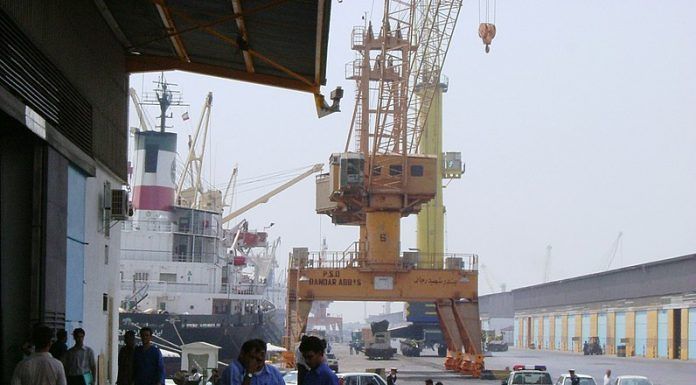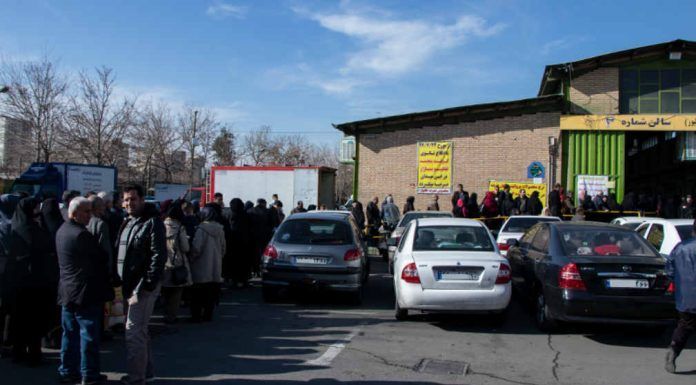Port authorities in Bandar Abbas, capital of the southern coastal province of Hormozgan, have refused to release 5,000 tons of frozen Brazilian beef for the past four months due to problems with international money transfers and payments in foreign currency for certain imported food products, the Fars news agency reported, quoting Moslem Naseri, the deputy director of the Fresh Produce Association.
“Although banks had received the payments from the importers, they have not been able to deposit the money in the exporters’ accounts for the past 80 days. That has prevented the release of the frozen beef,” Mr. Naseri explained. “We’ve been experiencing difficulties with international money transfers and foreign currency payments for protein products. The problem could spread to all other imports in the next two or three months if the trend continues.”
Mr. Naseri added: “The charterer pays a large amount of money for every 25 tons of product to the shipowner for delayed (demurrage) operations. The importers can’t afford to pay these exorbitant fees. The Central Bank of the Islamic Republic of Iran must find a way for importers to pay their invoices with foreign currency. It may have to employ independent currency exchanges to tackle this issue; otherwise, merchants and traders will face serious problems.”
“To reduce the demurrage fee, we’ve been able to negotiate the transfer of nearly 3,000 tons of the Brazilian beef to a freezer at the customs facilities,” Naseri said.
China’s Kunlun Bank and the Turkish state-owned Halk Bank, which previously handled the bulk of Iran’s international money transfer and foreign currency transactions, stopped providing those services after the new set of U.S. sanctions went into effect in November.
According to the Fars news agency, the problem with the international money transfer stems from the failure of the Special Purpose Vehicle (PSV) devised by the EU to circumvent U.S. sanctions.
The price of domestic beef has risen to $19 per pound which most Iranians cannot afford. They have to buy frozen meat imported from Australia, Brazil, and Kazakhstan.
It is unclear who is importing red meat, according to the head of the union of heart, liver and kidney traders in November. However, the Islamic Revolutionary Guards Corps (IRGC) is reportedly involved in importing frozen meat. The price of frozen beef has reached $11 per pound in Tehran.
Translated from Persian by Fardine Hamidi



